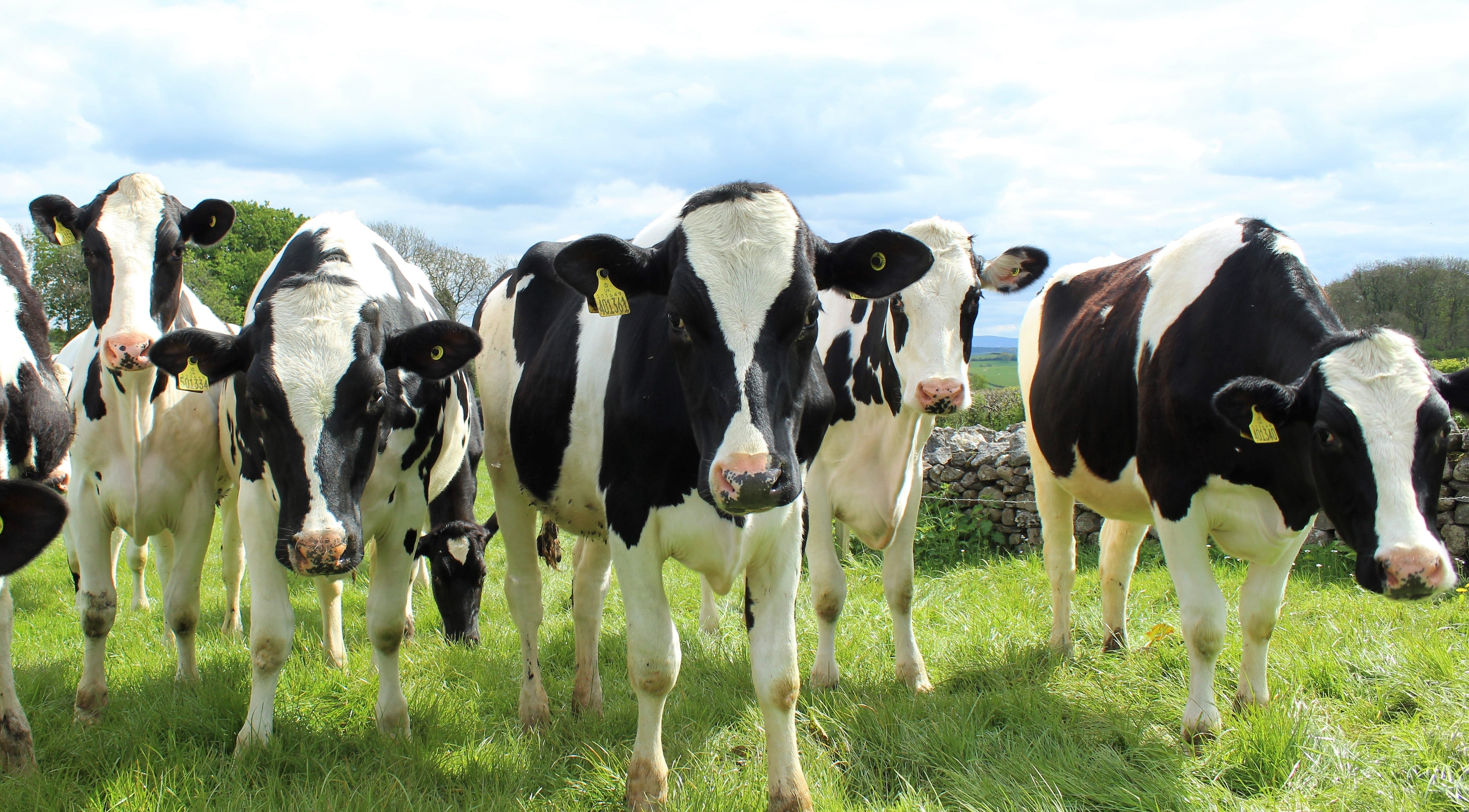Awanui Veterinary offers a range of cost effective solutions to assist veterinarians monitor facial eczema (FE) risk, minimise incidence of the disease, check your management programme is working and assess the damage caused by sporidesmin ingestion.
Monitor spore counts:
A national FE spore count monitoring service is coordinated by Awanui Veterinary during the summer months. If you or your local farmers perform spore counts, visit our online portal, set up a user account and you will be able to submit your spore counts online as well as view weekly reports and keep track of historical data for your region. Instructions for using our portal can be found on our website here. Or if you simply wish to view weekly reports, no user account is needed, just click here.
Protect:
Protection measures include not grazing high spore count paddocks, feeding supplements, spraying pastures with fungicide, and treating animals with zinc. Zinc sulphate can be added to drinking water, zinc oxide given as a drench and zinc additives applied to feeds or given as a slow release bolus.
Assessing if sufficient zinc is being dosed into the water supply can be achieved by measuring the concentration of zinc in water. Collect a 50mL pottle of water from a well mixed trough and submit to your nearest Awanui Veterinary laboratory for analysis.
Predict risk / Monitor management programme:
There are a variety of testing options that can assist determining if animals are at risk or to check that your management programme is working. It is recommended that 10 cows are selected to test for serum zinc and GGT 3-6 weeks after your management programme has started*. This will check for any signs of liver damage and determine if zinc levels are adequate.
| Test | Sample | Reference Interval |
| Spore counts | Paddock | >20,000/g of pasture – preventative treatment required >40,000/g of pasture – toxic range, control measures required to limit damage |
| Faeces | Sheep: >600,000/g of faeces – moderate challenge is occurring Cattle: >75,000/g of faeces – preventative measures required | |
| Zinc concentration | Serum | 18 – 34 µmol/L to be protective |
| Faeces | Water200 mg/kg of fresh faeces to be protective | |
| Water | 60 – 230 mg elemental Zn/L to be protective | |
| GGT concentration | Serum | <75 IU/L – no effects of sporidesmin on liver (see below) |
Assess damage:
Gamma-glutamyl transferase (GGT) is produced by bile duct epithelial cells damaged by sporidesmin ingestion. Collect serum samples from animals suspected of being affected by sporidesmin and measure GGT levels. If prevention and protection measures haven’t succeeded, a guide to the degree of biliary damage is provided by an increase in GGT concentration: mild (100-300 IU/L); moderate (300-800 IU/L); and severe (800-1000 IU/L).
Testing options available:
- Spore counts – pasture and faeces
- GGT – serum
- Zinc – water, faeces or serum
*Facial Eczema – Management for New Zealand dairy herds

